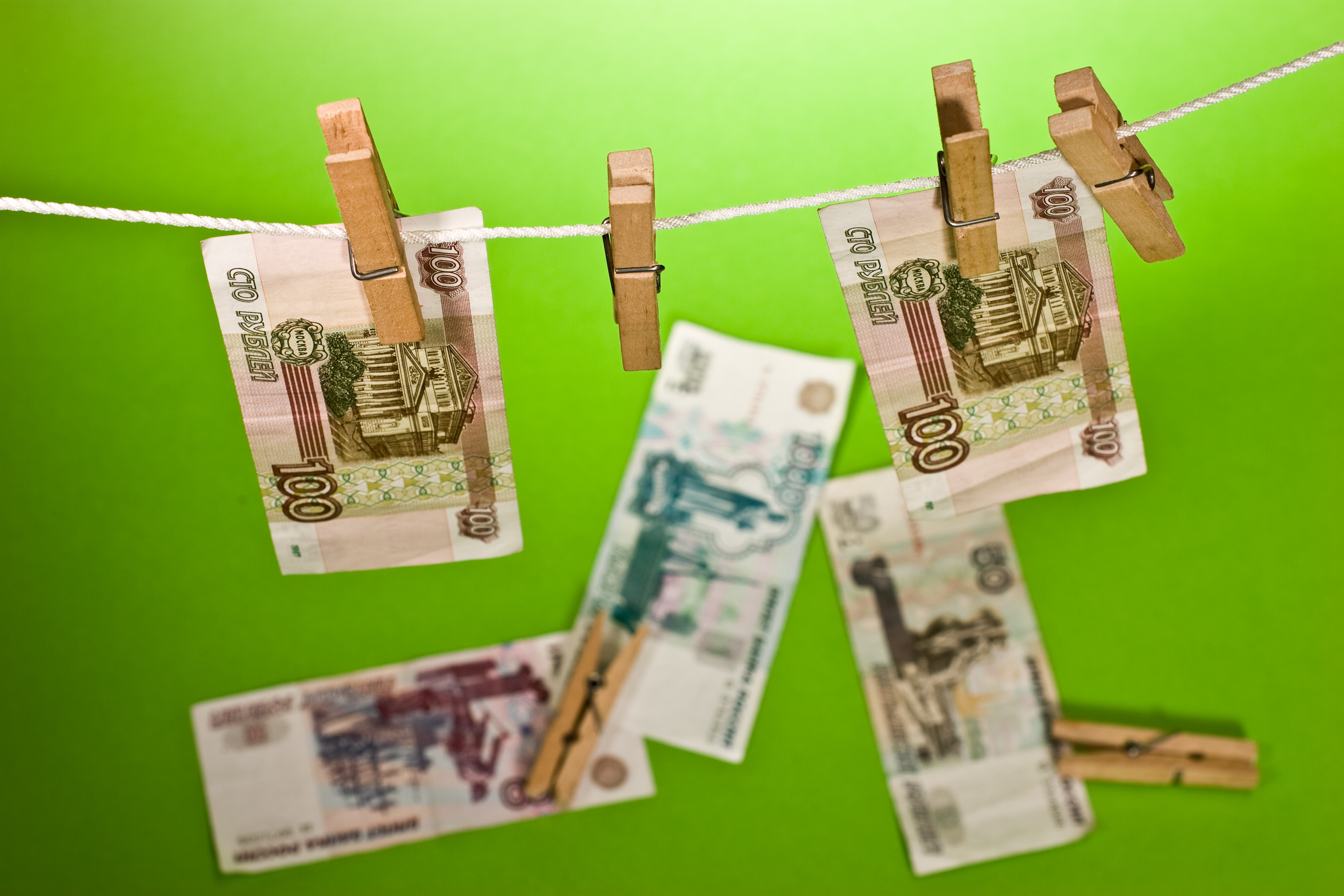
Money. It’s one of the biggest misconceptions in modern economic theory around and a huge barrier to building a sustainable economy.
Not because there’s anything intrinsically wrong with money, but how economists have come to view it does no-one (or very few people) any favours.
Here’s the problem: you mention economics and everyone assumes you mean the study of how much things cost and that you can give them financial advice, why they cost that much and why you get variance in cost in different parts of the country and world.
But that cost is always expressed as money. So therefore the economy is all about money, right?
Wrong.
A few days ago I had a brief but interesting conversation over twitter. It all came from a tweet about how asset managers still find it difficult to use sustainability reports to put a financial value a company, and my response was that the whole point was to shift valuation away from just financials.
The big stumbling block is that everyone has come to believe that something can only have economic value if a monetary price can be put upon it. This is rubbish.
The economy is all about goods and services, how they are exchanged, produced and distributed. But not all of these involve the exchange of money.
For example, I spent yesterday giving a friend some PR advice. No doubt it will help their business but my economic activity in providing this service involved no charge at all, monetary or otherwise.
The biggest non-financial part of the economy is arguably also the most important: parenthood. Parents raise their children and from the moment of their birth onwards provide them with constant support, encouragement and advice.
This is the provision of a service and so is economic activity yet there is no charge made for it, even to the most ungrateful of the little beggars. What’s more, without the services of parenthood there would be no social structure within which the economy, as we understand it, could survive.
In the meantime the idea that economic activity has to mean monetary activity has undermined families to the point that social dysfunction is becoming an ever prevalent part of life. Parents are being forced to put financial activity in front of caring for their kids because governments have swallowed the misguided notion that financial activity = a better economy. Actually, it undermines it quite drastically.
So what do we do about this? Do we abandon money??
Of course not. Money is a useful tool and like any tool it is ethically neutral (ie. money has no meaning or value on its own .. it is its use which matters, not the thing itself).
But we have to move away from the idea that money is the only thing of economic importance and that economic activity can only be recognised if it has an associated financial value.
Apart from the fact it makes better sense to see money as just one of a range of important parts of an economy it also helps to make it more sustainable and more resilient.
Sustainable, because if businesses and individuals cannot put a wholly financial price on their responsibility (yes BP, I’m thinking of your criminality) then they have to engage on a more realistic and long term level.
And resilient because if value is measured using a toolbox which includes but is not limited to money then the economy will be in a much better position to weather financial shocks such as that which happened in 2008.
In the meantime, if we continue to believe economic value can only be measured by financial figures then we are like the builder who insists on using a hammer to drive in his screws. And as any builder will tell you, the structure you’re trying to build won’t stay up very long with that kind of attitude.
Picture Credit: Russian air banknote / AGPhotographer / photoXpress


